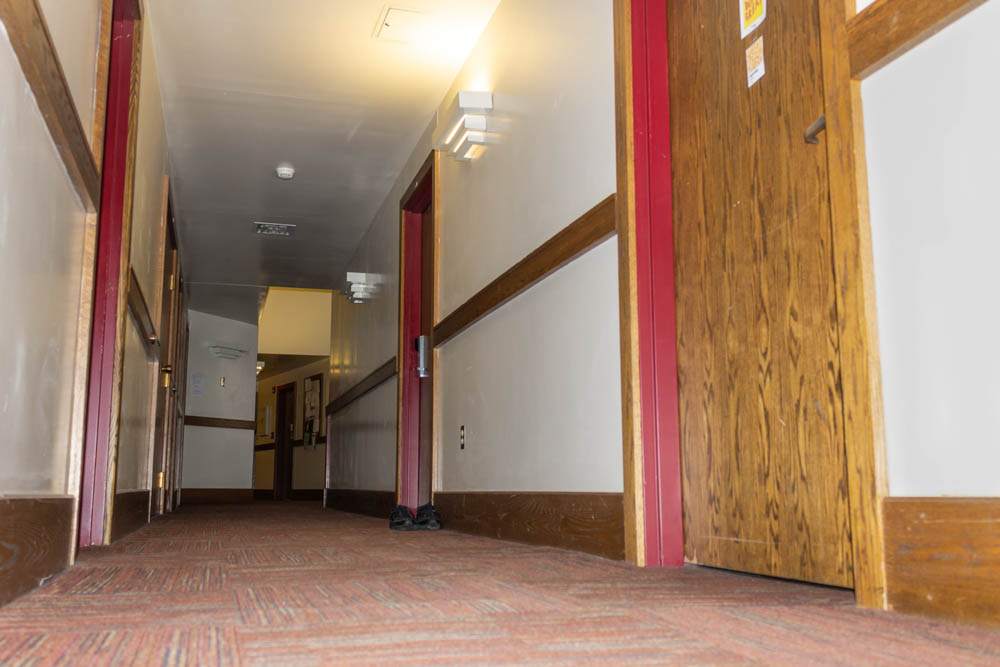
Laura Haley
Chief Copy Editor
During an all-staff January Residence Life meeting, Residential Assistants (RAs) were notified of the possibility of a new system which would require the RAs to input data regarding each of their residents into a spreadsheet intended for Residence Life. Commenting on the purpose of the intended data collection, the Director of Residence Life Na- than Fein stated, “The RAs are often the first employees of the College who know if a resident is in need of additional support.”
As of now, the data collection process will not be used by the Residence Life or the Dean of Students office although it raised questions from the current RAs. Regarding the potential invasion of privacy, an RA who requested anonymity stated, before the plan was called off, “We are all really unsure of what is happening with this data, but the RAs are essentially being forced to collect it.”
They continued, “We have to put data in about who our residents are friends with, what clubs they are a part of, how they engage with campus, etc.” Despite these comments of the data collection process having contained personal information, Fein affirmed, “We are looking at broad information about the student experience, such as does a student appear connected on campus, as opposed to specific information, such as who is a student friends with.”
When asked about where the motive for the data collection originated, Fein explained, “We have been working collaboratively, between the Dean of Students Office and Residence Life, to think about the best way to learn if our students are getting the most out of their residential experience.”
Commenting on if this data collection process was necessary, Dean of Students Scott Brown stated, “We are exploring how to be a resource more proactively, help check-in with students that may not necessarily be in a crisis, but could benefit from some help connecting the dots, reflect on what they are hoping to get out of their Wooster experience … the general questions, in whatever form that makes sense to RAs, are to help refine what they do already and make it easier for them to support their residents.” Fein added, “We already ask our RAs about the experience of their residents, but we are hoping to encourage them to ask more specific questions to make sure we are getting residents proper support. If we only ask how someone is doing, we get general answers … If we start being more specific with our questions, we can make sure that students have the best possible experience at the College.”
In terms of how the data would have been collected Brown stated, “It is not secret at all that we are doing all we can to best serve and support students.”
This new system will not be put into practice, but considering how it could benefit students, Brown stated, “RAs are asked and trained, to be able to answer the question — How are your residents? Any concerns? We find this pretty general check-in can often miss how the student is really doing — navigating loneliness, struggling in a class, managing a personal issue, not sure how to make friends, etc. … this [process] might help go beyond what would help just this individual resident, and think about how to best welcome and enhance our floor/building. RAs can help connect them with resources in an easier way. The ‘collection’ of information is simply what we do now informally.” Fein added, “Our goal is that students feel supported on campus, are connected to community, and have the resources they need to be successful at the College.”
